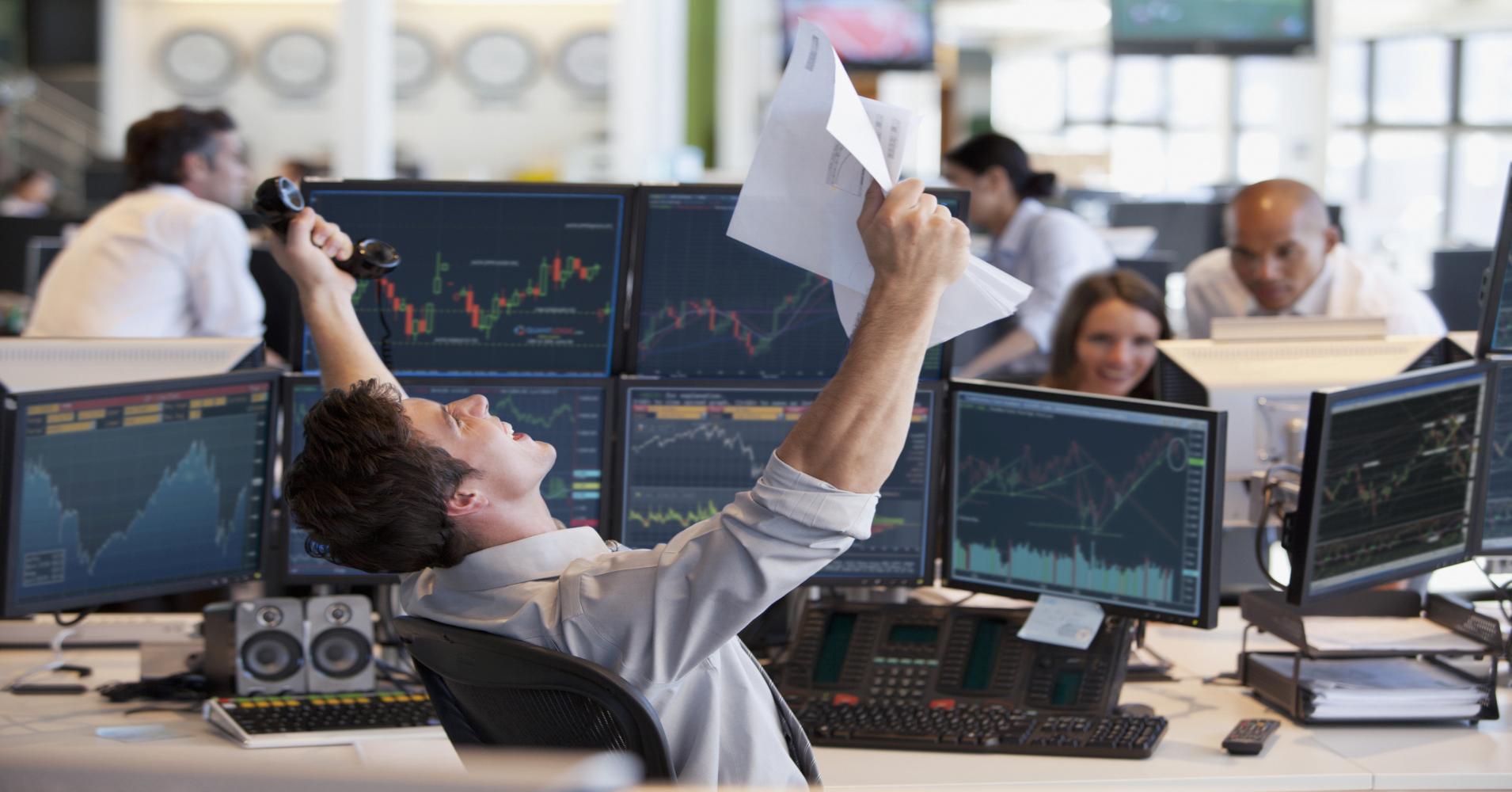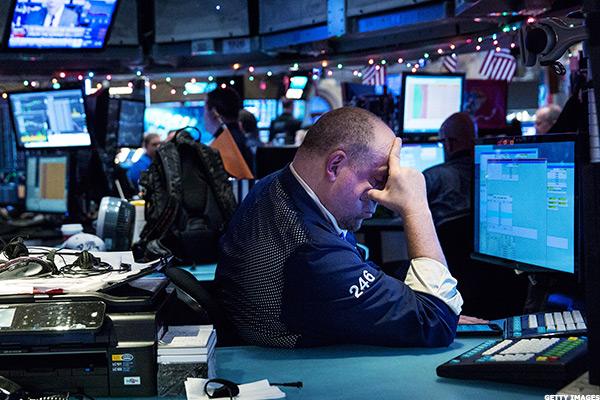You have all probably heard that you need to treat trading as a business if you want to be successful. But what does this actually mean? Instead of letting it be just another meaningless phrase, let’s take a deeper look to fully understand it.
The ideas behind “treating trading like a business” are very important to get you on the right track and after we have taken a look at the different aspects, I am sure you will get some ideas on how to take your trading to the next level and treat it more like a business.
Your setups are your products and services
Every business has either physical/virtual products or services to sell in order to generate profits. The business, hopefully, knows everything there is to know about their products, where it is from, how it is built, what the benefits are, what the potential struggles are, how to keep improving their product, what their customers want, and how to use it in the best possible way. The business must be the #1 expert in what they are offering. Obviously.

As a trader, your setups and your strategies are your products. Your setups are a set of rules and triggers to help you find potentially profitable trades. Whether your setups consist of classic patterns, indicators, pure price action or a combination doesn’t matter here.
What is important is that YOU must be the expert in your setups and patterns. You must know every little detail, when the setup works best, during which market conditions it doesn’t work, in which markets and timeframes to use it, how to improve the odds, how to set stops and pick targets, when to move stops and how to manage trades, when to add to a position or take some off the table, when to stay out, etc.
Continue Reading →










